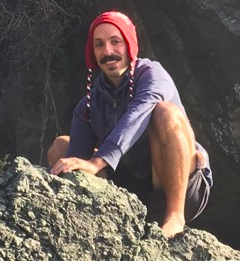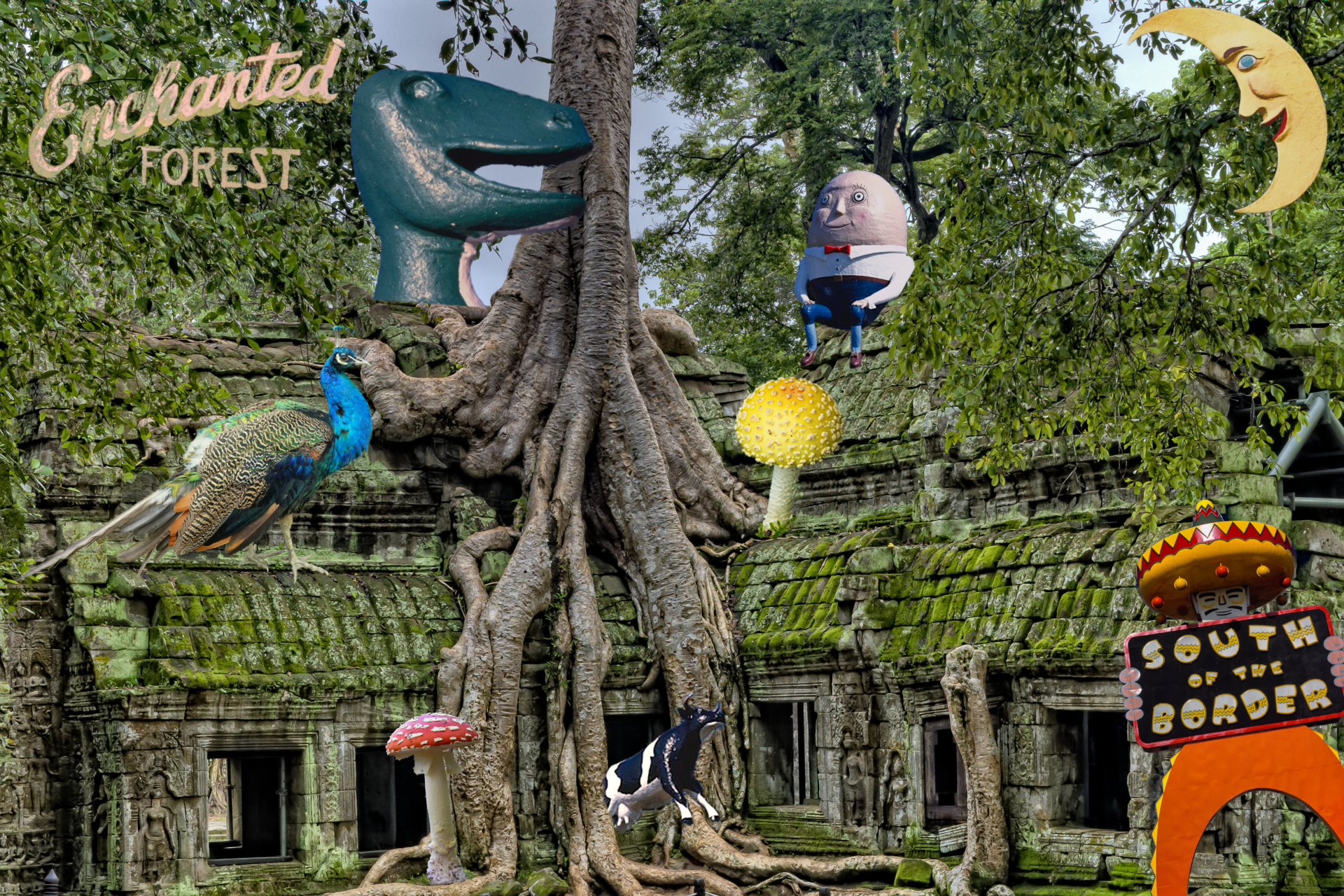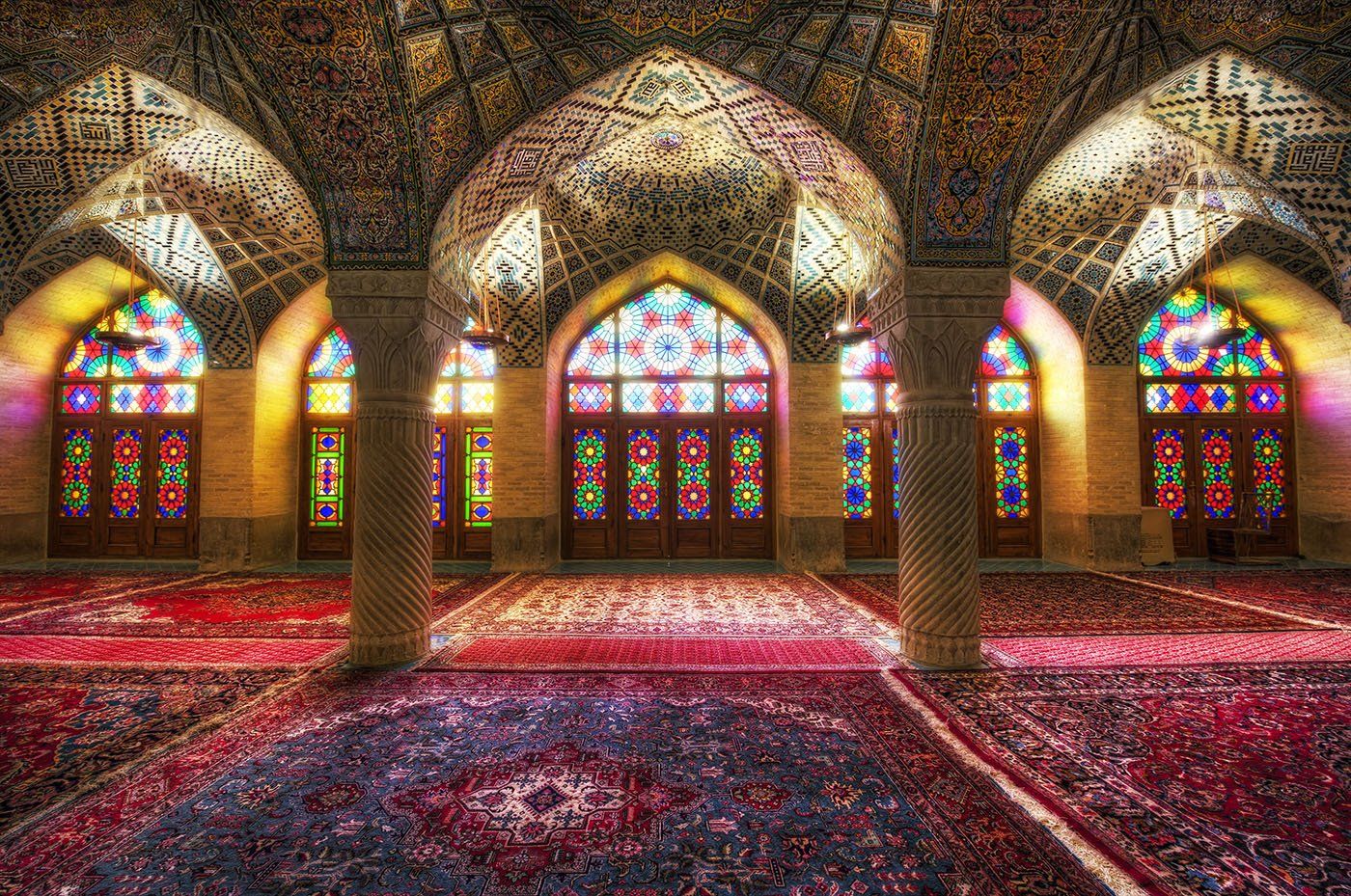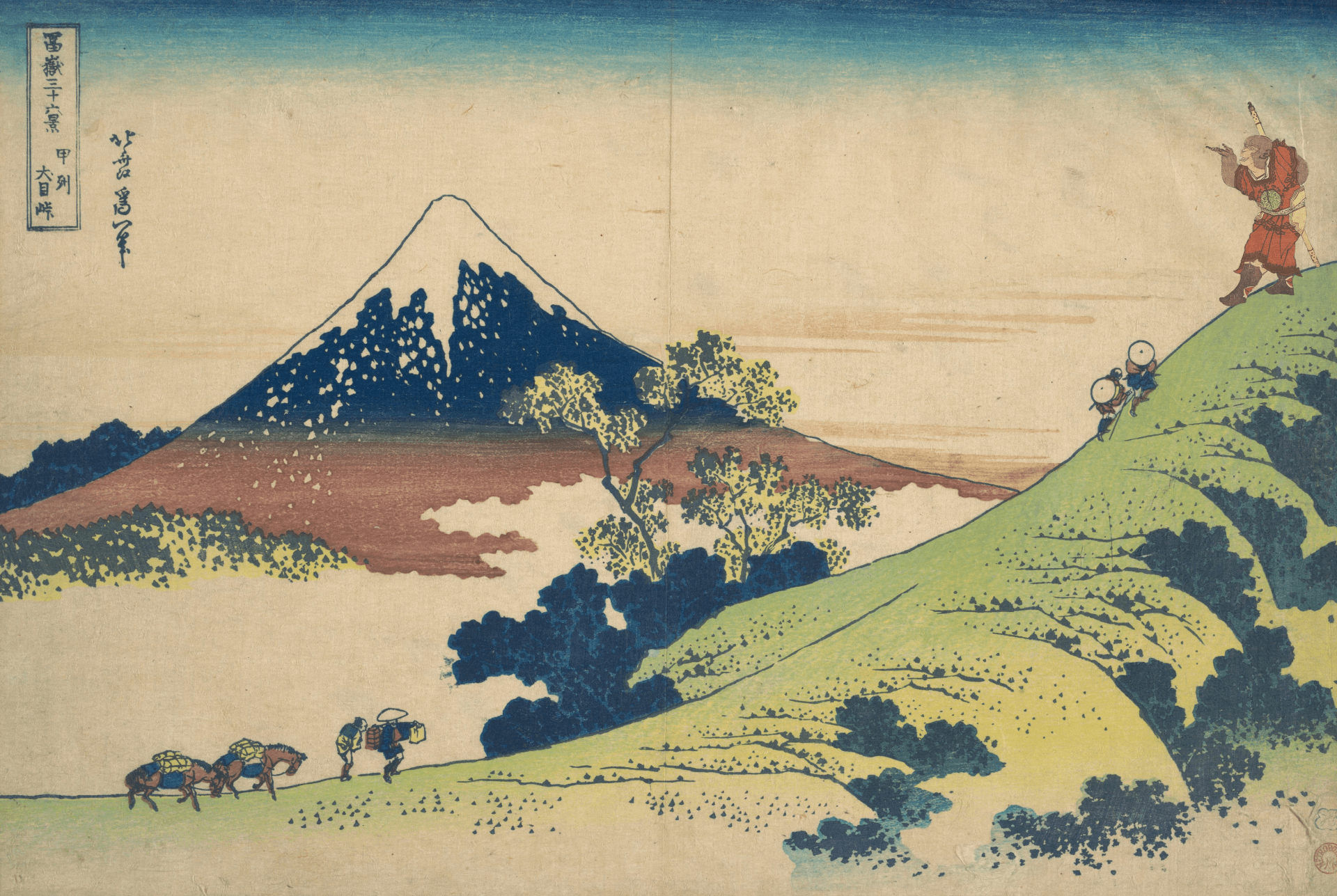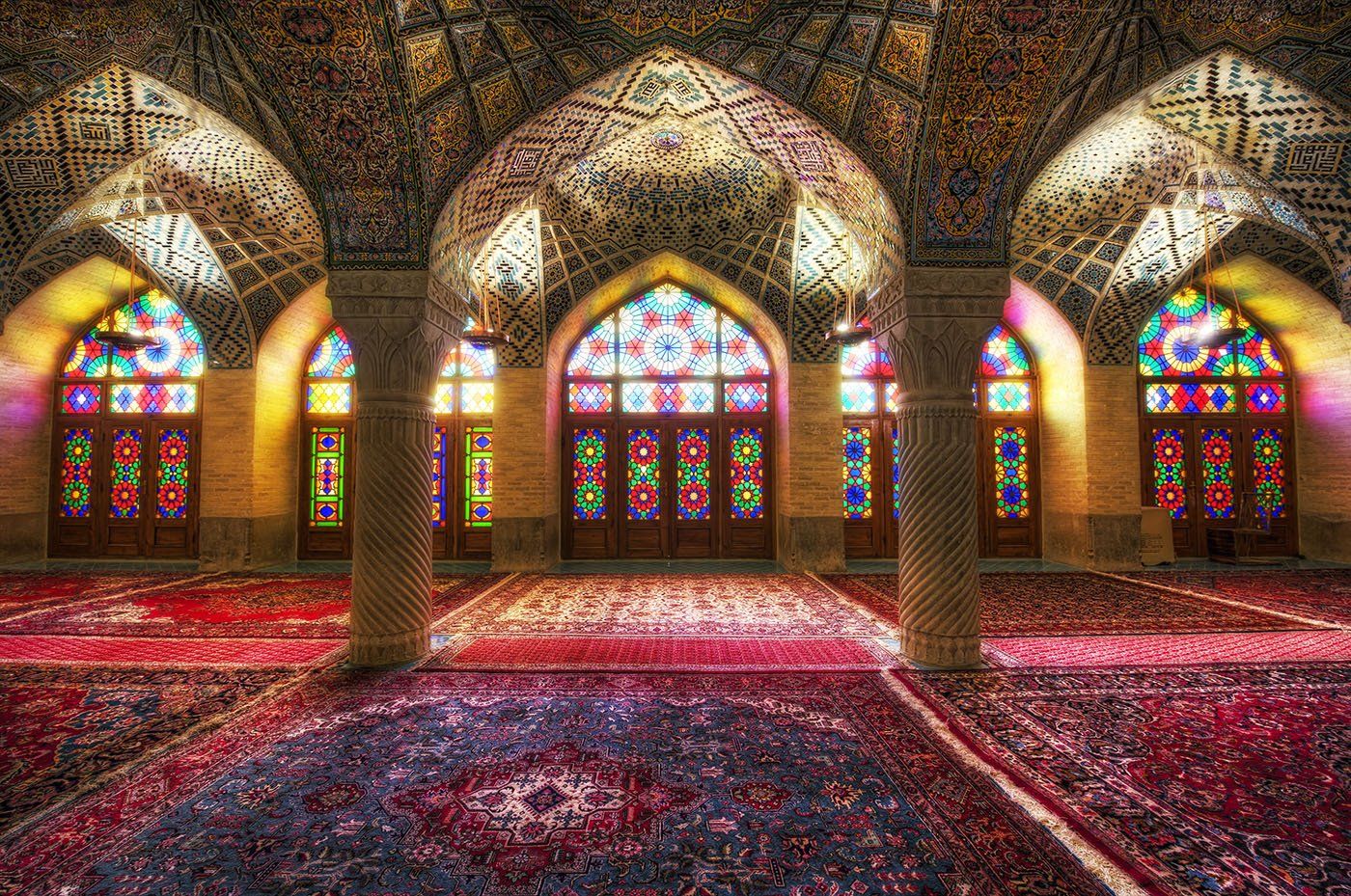
Broken-Boated:
Lotfi IV
Eight months ago, I wrote this.
It’s appropriate, I think; and beyond appropriate, I’ll call it an example of the guiding Qi of my life, which leads me by invisible threads through the labyrinthine ways of my life.
None of my few readers, I’m sure, will have mapped the labyrinthine ways of this word-maze so well as to have realized, without my saying so, that that was the last thing I wrote here.
Eight months! But what has gestated in that time, and what will be born?
I’d apologize for the long silence, but -- well, I won’t. I’ve been busy, and I follow the feeling of that invisible thread in my hand, whithersoever it wends and howsoever slowly.
But you can read that last writing if you like -- “God Bless America.”
It’d give you some nice context. The introduction would serve as well here today as it did there eight months ago.
This past Sunday I went to the woods -- my woods, I call them -- looking for mushrooms. This year, the spring has been long, the entry into summer slow, and the rain plentiful: ideal conditions for an abundant harvest.
Yet -- beyond those suggestive empirical data -- I already knew it would be an abundant year, back in late February or early March.
Standing one day in the lingering perfect silence of winter right on the brink of spring, alone, in a musty old part of my woods -- I was listening, listening. Not just with my ears, but with my whole being.
And while my eyes saw only dead and sleeping trees, I felt... vast vitality under the surface of the ground, already working and stirring. And in that silence the thought came to me, strongly: This is going to be an abundant year.
So, there you go.
And it has already.
A couple weeks ago I felt morels would be sprouting, and -- sure enough, I found grey ones at every turn, several times over the space of a week, in a special little patch of land not far from that musty part of the woods.
Then last week I felt, The yellow morels are on the way. There will be a lot this weekend.
I was right; but I was also surprised.
When I came to the woods, before heading to the spots where I knew to find them, I went by winding ways to all the other spots I’ve known to be fruitful, looking mainly for stragglers among the pheasant backs (I harvested, ate, or pickled the best of them weeks ago), early oysters (I already have been finding them, weeks earlier than last year), and of course sneaky morels showing their shy faces in unlooked-for places.
And you know what?
Everywhere I looked, I saw that not only had oysters already sprouted in abundance, someone had already harvested most of them.
And I’m not just talking about the obvious places anyone walking the clear paths would see without looking. I mean, every single hidden spot deep in the woods where I thought no one else looked.
But I should have expected that; for weeks and months I had been finding bits of trash here and there, and little pieces of the endemic junk of the woods -- pieces of glass, animal skulls and bones, rocks -- moved out of place, or placed prominently, as if to say to me, “I’m here, too, and I know your spots.”
So, this Sunday was merely the realization into being of what I felt earlier, subtly and before it took form.
When I got to the morel-spots, too, I thought, You know, they should be all over the place. I think he got these, too. And sure enough -- I spotted the headless stems of many, here and there.
I’m complaining, of course, but I’m not complaining to complain.
One thing I noticed was, wherever he had harvested mushrooms, he had done it lazily, or with careless hands and little love.
On a standing tree where a small cluster of new oysters had sprouted, rather than carefully running his knife between the base of the cluster and the bark of the tree, moving it with the contours of both after taking thought, he’d simply -- stuck it in, drew it down, and left a few mutilated mushrooms on the tree.
An act of appetite, with no thought mediating the movement from belly to hand.
And this, by the way, was why, even when I realized (well-offended, of course) that someone with an eye and a mind and a belly for mushrooms had been in my woods, I wasn’t too worried about finding nothing; I thought, There’s no way he’s as thorough as I am.
And sure enough, in all my spots I found morels in places hidden to the eye -- big, fresh ones, too -- and more oysters than I cared to take home with me.
I said they’re my woods. I meant it; I mean it.
I’m not sure I can even tell you what I mean, but I’ll give you a quick idea. I mentioned this in something I wrote many, many years ago. Maybe I’ll share that sometime.
When you go to the same place, even a small woodland, over and over again, year after year, in every season, on many different days, not only do you begin to uncover and encounter an endless richness, variety, and abundance, but -- and maybe this is just me -- you even start to feel the boundaries between you and the woods dissolve.
It stops being, I’m going to the woods to have an experience, becoming more like, Now I can shed that skin I wear outside and step back into who I really am, my vaster self.
It’s beyond love, even, though the love is there, and the gratitude.
Every tree, every stone, every view, every foot of the woods has a memory and experience associated with it -- even many, many experiences -- so that you can’t separate yourself from any part of it anymore. Your being and its are too fully mingled and mixed for that.
I don’t love the woods; I am those woods.
The mushrooms are my friends, my peers. I tend them, and they tend me. I feed them, and they feed me.
This connection we’ve made can’t be unmade; its experiences are etched in the record-halls of eternity, deep carvings in undying stone.
And I’m sharing that, in part, as an introduction for what I really meant to share today, which in turn is a further reflection on one of my Masters, my favorite musician, Mohammad Reza Lotfi.
I’ve written about him before:
And, in the last year or longer, I’ve continued to listen to him a lot, I’ve continued to listen to Iranian dastgaah music a lot, and from time to time I’ve felt, I want to say more, but I don’t know what to say.
I have felt that the more I listen to this music, the more I understand its language; yet, at the same time, I feel less able to say anything about it.
Like the woods, the landscape of that language and the landscape of feeling that’s come into being in association with my listening to it is so dense and rich with meaning and associations – how could I share it?
Today, the opportunity presented itself.
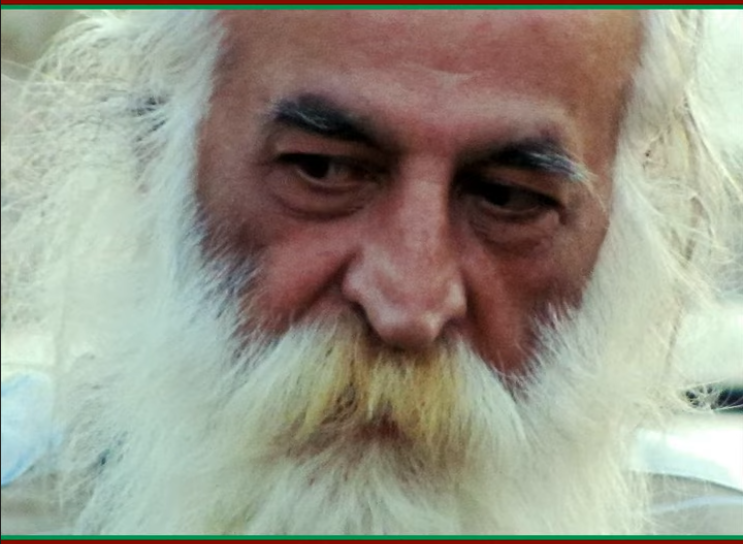
There’s a channel on YouTube that shares and curates, frankly, some of the best Iranian dastgaah music (and some maqaam music) I’ve had the good fortune to hear. Whoever runs that channel is a musician, I think, and is definitely a lover and a scholar of the music.
Today, he posted a performance of Lotfi’s that I’ve heard before, whose name can be translated as “Castaway.” In Farsi, it has more poetry -- it could be transliterated as Broken-Boated.
That says a lot about Lotfi as a man.
I’d heard it before, but since I’ve become more fluent in the language of the music and because I bring now a richer and fuller store of experience of listening and feeling to it, I figured I’d hear it with new ears.
I did, of course.
But what I noticed amid the usual comments on the video -- Rest in peace, Master, and so on -- was one sour comment. I’ll give you the gist of it.
With the kind of eloquent, sour, bitter venom so typical of complaining Iranians -- with a few vomiting emojis sprinkled in for seasoning -- some young man had said, “Wouldn’t it be nice if performers like Lotfi, instead of ruining their reputation and continuing to play and sing long after they’ve reached their peak, spared themselves shame and spared those of us who loved their works... and just stopped while they were ahead?”
It went on like that, with plenty of self-righteousness. He framed it as, “I love him so much. How could he do this?”
Reading that, I thought of my woods, my mushrooms.
You say you love mushrooms. You say you love the woods. But there’s love, and then there’s love.
Or, rather -- There’s love, and there’s something beyond that.
The kind of love I’m talking about, you can’t talk about. Please forgive me for doing it anyway; but I just had to try to point you in its direction.
Here’s what I wrote in reply.
That’s one perspective.
From my perspective, an artist like Lotfi is a “rare bird”; only once in a lifetime do we have the pleasure and privilege of encountering him, if that.
Rather than insisting that he should come to our window at our call and sing as we would have him sing, we should greet his arrival with surprise and delight.
What I’m saying is -- he was unique. He was a master. What he had to say with his instrument and his singing, no one else has said, or could say. You can listen to him in his youth and in his prime, and --there are no words for it. What he did was magic.
In his old age, though I would say his setaar and taar playing only got better… obviously, his voice became sadder, more broken. You can hear his pain, his suffering, his anger, his sadness, and his illness. To hear it is heartbreaking.
But why should we be ashamed of this? Why is this ruining his legacy?
This, too, is instructive and enlightening, no less than the heights of mystic ecstasy his earlier music carried us to.
Unlike with a vapid pop-star who keeps trying to repeat the same crude act over and over for 50 years until it’s a grotesque mockery we should be ashamed to look at, here we see the full life-trajectory of an exceptional being, from youth to old age. We see an evolution and an unfolding, in all its depths and heights.
There’s a beauty and a tragedy in seeing Lotfi in his last days as he truly is.
As an artist, he always bared his heart, hiding nothing. The sorrow of his last days has a poignancy, a richness, and flavor of deep longing that is possible only because we saw the glory and beauty that preceded it.
At the same time, being a true artist, a pure artist – young or old, strong or weak, ill or well, he must always create. The spirit in him was created to do that, and must do that while it was in his living body. No one has the right to stifle that spirit or snuff the light in it.
21 May 2024
Those who only dip their toes will never touch the depths.
Champion Toe-Dipper
Signs and wonders!
Well, wouldja you look at that -- you actually emailed me. I'm glad you figured my website out.
If you would, give me a little time to reply, ok?
I'll do my best to reply quickly. If you don't hear back within a couple days, you may want to write again.
Take care,
Jian
Oh, boy.
Gremlin in the machine. I don't think your message went through.
Why not take a constitutional and try again a bit after, huh?
Jian
